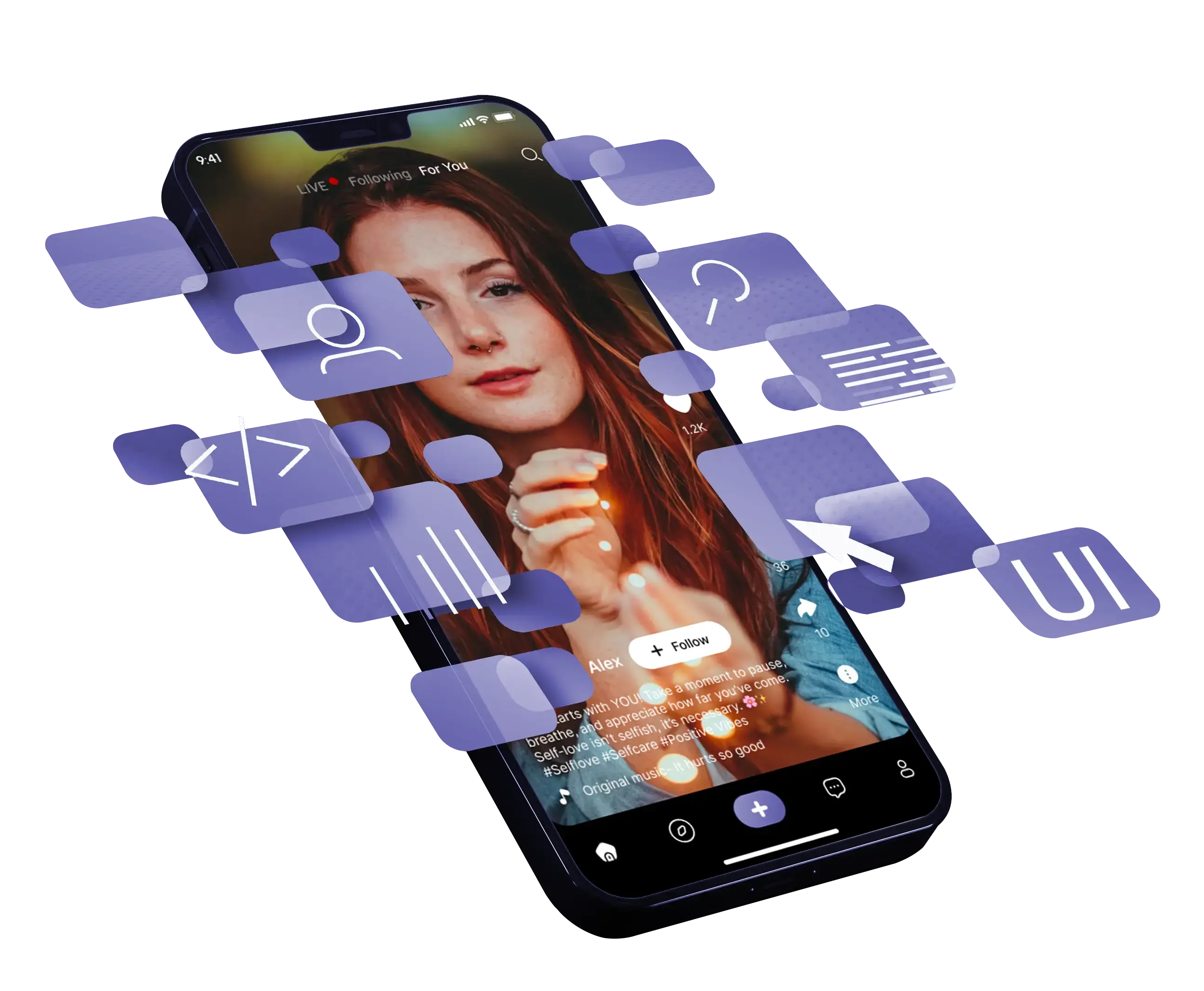
The Rise of AI in Healthcare: Current Innovations and Future Trends
Artificial Intelligence (AI) is revolutionizing industries across the globe, and healthcare is at the forefront of this transformation. The integration of AI into healthcare is not just reshaping clinical practices and patient care but also opening new avenues for diagnosis, treatment, and management of diseases. As we venture into this new era, it is crucial to explore the current innovations brought about by AI in healthcare and anticipate the future trends that will further redefine this vital sector. This examination provides insights into how AI is enhancing the capabilities of healthcare professionals, improving patient outcomes, and paving the way for advancements that were once considered beyond reach.

Diagnostic Precision with Medical Imaging:
Artificial intelligence algorithms are enhancing medical imaging and facilitating the early diagnosis of illnesses. Radiological images, including X-rays and MRIs, can be more accurately analyzed by machine learning models than by more conventional means. This not only helps with faster diagnosis but also makes it possible to create treatment regimens that are more targeted and successful.
Fun Fact: The use of AI in medical imaging has led to impressive advancements, with algorithms sometimes outperforming human experts in tasks like detecting tumors in certain conditions.

Predictive Analytics for Patient Outcomes:
Healthcare professionals can utilize AI to forecast patient outcomes and detect possible health hazards by analyzing large datasets. Proactively intervening with individualized care plans and lowering the likelihood of complications is made possible by medical professionals utilizing predictive analytics.

Virtual Health Assistants and Chatbots:
An AI-driven virtual health assistant is revolutionizing the way patients are supported and engaged. To improve patient education and treatment plan adherence, chatbots with Natural Language Processing (NLP) skills can answer questions, remind patients to take their prescriptions, and deliver vital health information. Companies like Capacity are at the forefront of this innovation, developing platforms that streamline complex processes instantly, answer FAQs anytime, anywhere, and collect feedback through surveys. Their AI and automation technology is specifically tailored for the healthcare sector, providing a range of services from appointment scheduling to medication reminders and symptom checking, thereby enhancing patient engagement and experience.

Drug Discovery and Development:
AI uses complex biological data to speed up the drug research and development procedures. By analyzing data, machine learning algorithms can find groups of patients who are more likely to benefit from new therapies, improve the design of clinical trials, and forecast which drugs could be the next big thing. In addition to lowering development costs, this also speeds up the availability of new treatments.
Fun Fact: AI has been instrumental in discovering novel drug candidates, some of which may have never been identified through traditional methods.

Personalized Medicine:
AI makes it possible to tailor treatments to each patient by taking their unique genetic composition, lifestyle factors, and medical history into account. Healthcare practitioners can improve treatment efficacy and reduce side effects by customizing interventions to each patient's unique characteristics.

Operational Efficiency in Healthcare Systems:
Artificial intelligence is making healthcare systems more efficient by automating administrative processes, improving resource allocation, and enhancing overall operational efficiency. Artificial intelligence (AI) helps healthcare providers to devote more time to patient care by automating appointment scheduling and improving billing procedures.

Remote Patient Monitoring:
One way to better monitor and control long-term health issues is by using AI-powered remote patient monitoring systems. The use of Internet of Things (IoT) sensors and wearable devices powered by artificial intelligence algorithms allows for the proactive management of healthcare by continually monitoring vital signs, detecting abnormalities, and alerting healthcare practitioners in real-time.
Fun Fact: Remote patient monitoring has significantly reduced hospital readmission rates, promoting better patient outcomes and cost savings.

Ethical and Regulatory Considerations:
Ethical issues and regulatory frameworks are becoming more important as the use of AI in healthcare extends. Important challenges that the sector must overcome include balancing innovation with patient privacy, making sure algorithms are transparent, and fixing AI models that are biased.

Future Trends:
Looking ahead, the future of AI in healthcare holds exciting possibilities. Advancements in natural language understanding, increased interoperability between healthcare systems, and the integration of AI into genomics and molecular medicine are among the trends that will further shape the landscape.
Fun Fact: Remote patient monitoring has significantly reduced hospital readmission rates, promoting better patient outcomes and cost savings.

Revolutionizing Healthcare with Mobile Apps:
The integration of AI in healthcare is transforming patient care through enhanced medical imaging, predictive analytics, and personalized medicine. AI not only improves diagnostic accuracy and treatment efficacy but also streamlines operational efficiency in healthcare systems. A key aspect of this transformation is the emergence of healthcare mobile apps. vativeApps, a leading mobile app development company, excels in creating apps that combine AI and IT for innovative healthcare solutions. These apps enhance healthcare accessibility, enable real-time health monitoring, and ensure personalized patient care, driving forward the digital health revolution.
Conclusion:
The rise of AI in healthcare is bringing about a period of efficiency and innovation that will have far-reaching effects on patient care and the healthcare system as a whole. Stakeholders will need to work together to overcome obstacles, guarantee ethical usage, and tap into AI's full potential as it develops further to impact healthcare in the future. Global healthcare might be radically transformed by incorporating AI, which requires continuous research, planned deployments, and a focus on patient-centric treatment.




